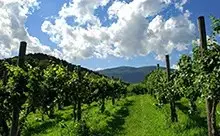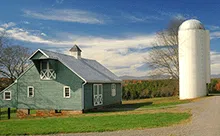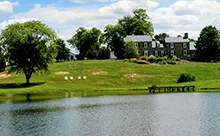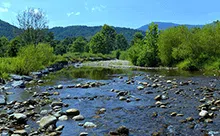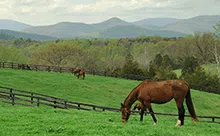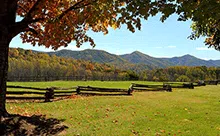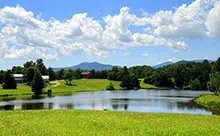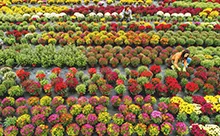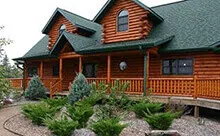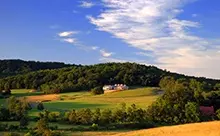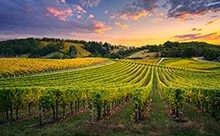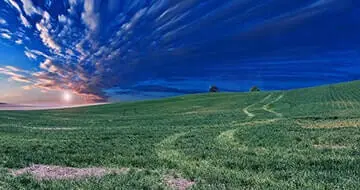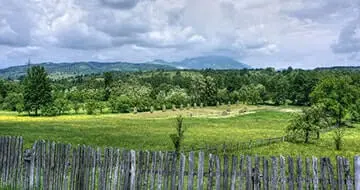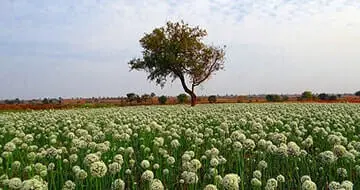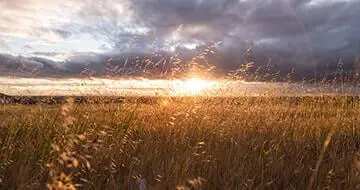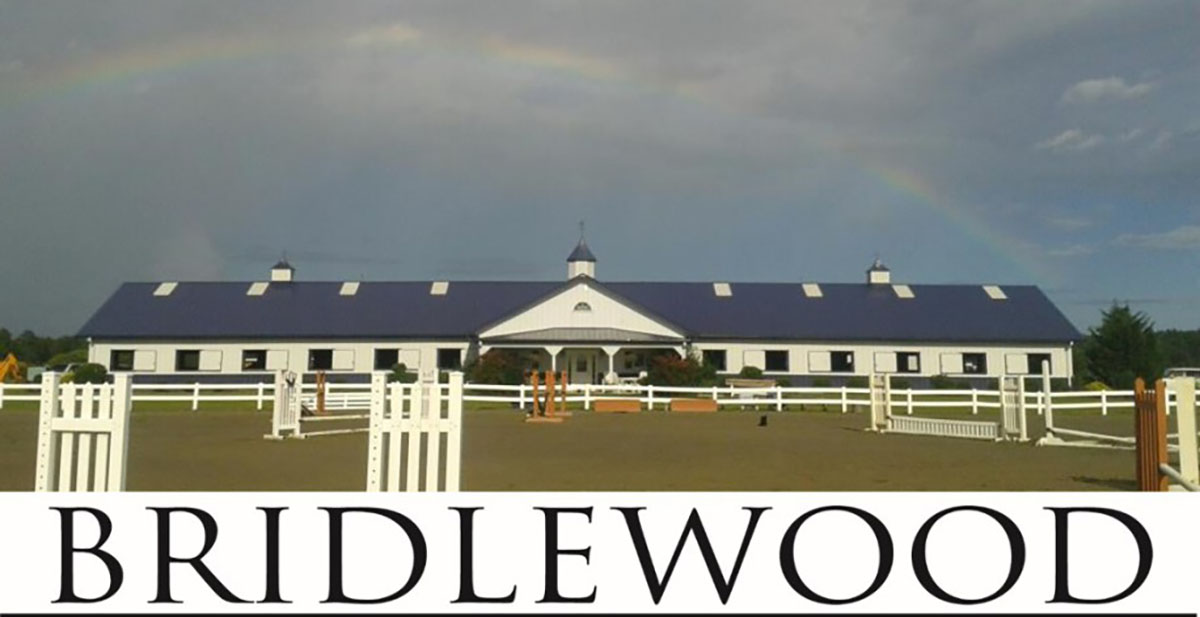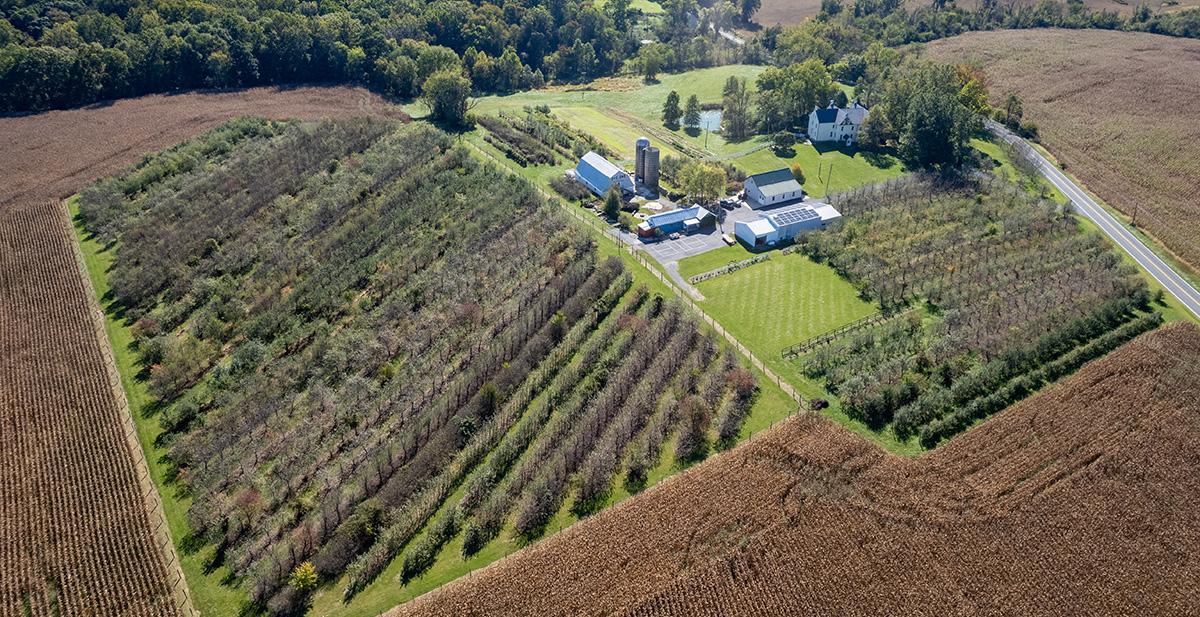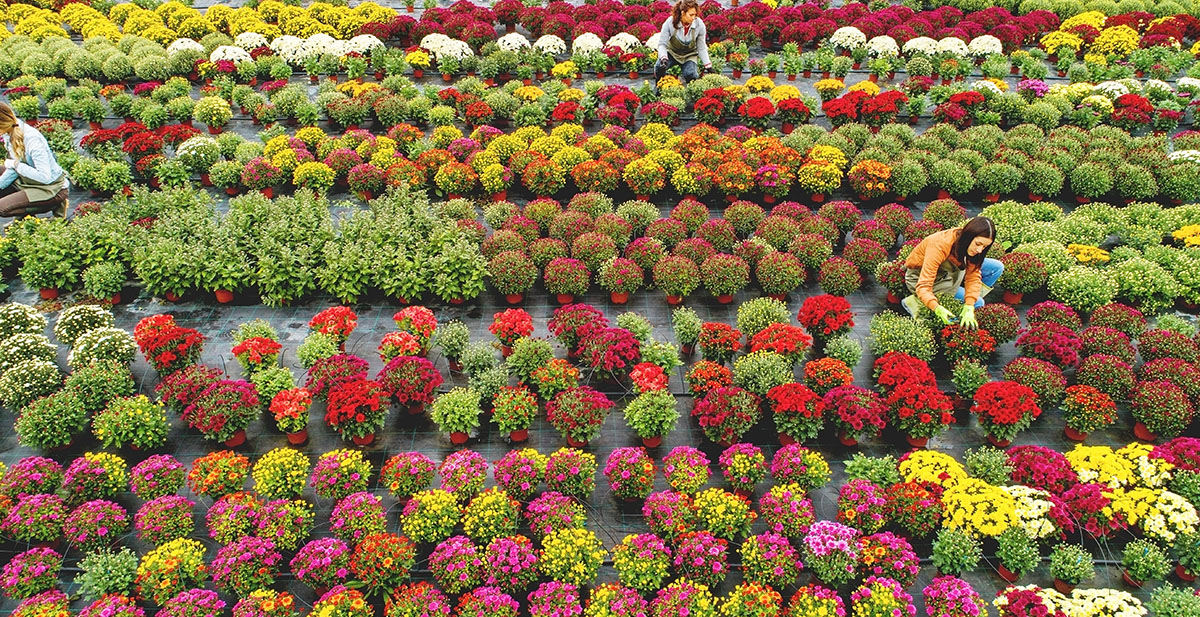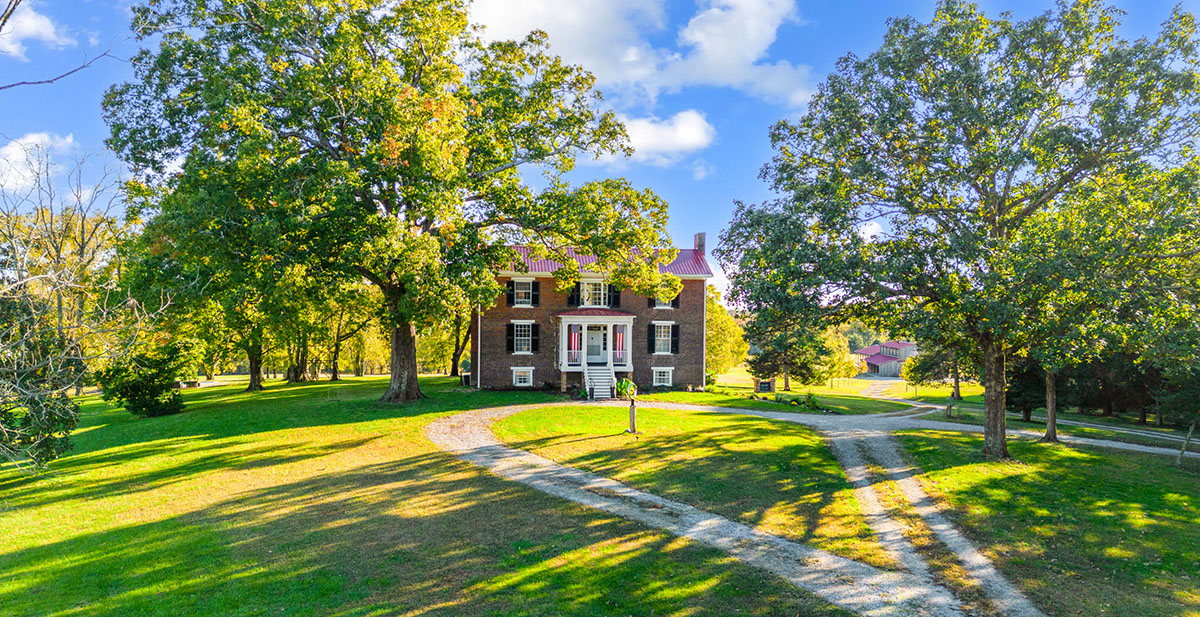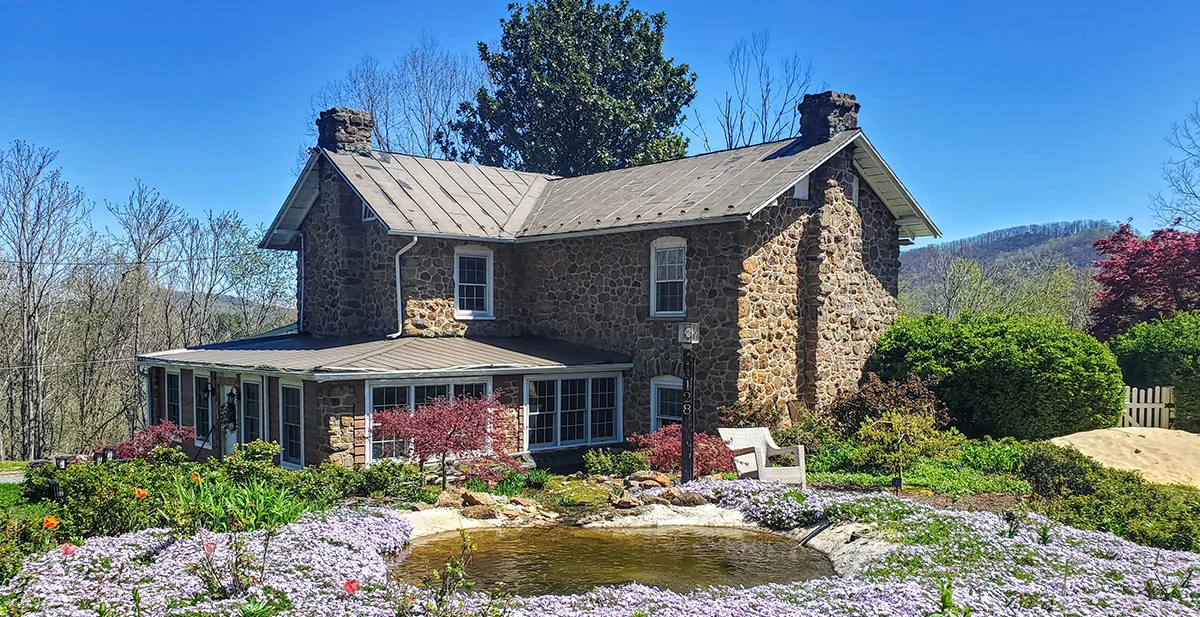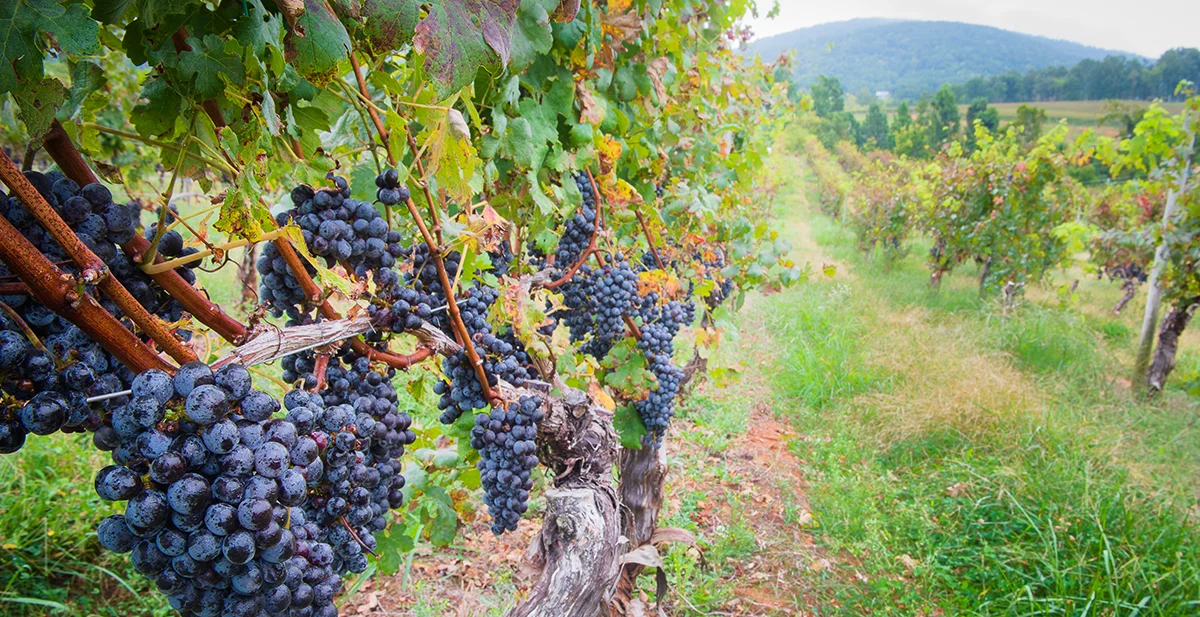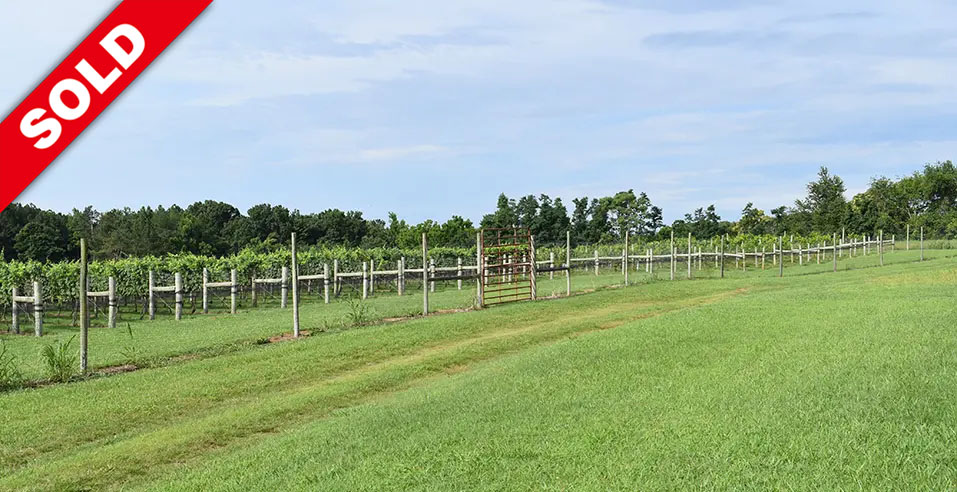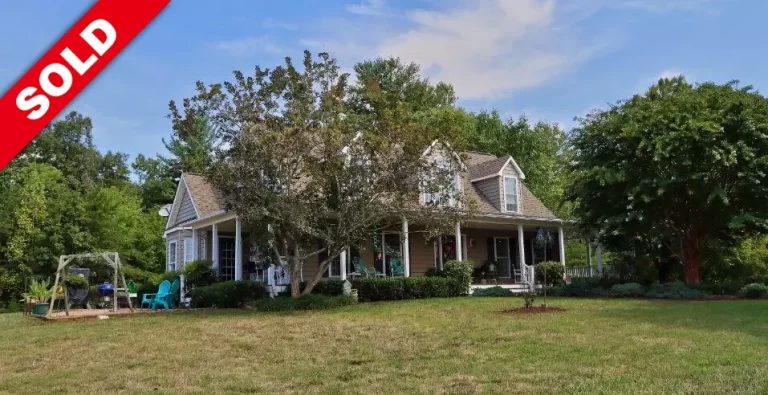
home / virginia real estate / virginia farm land
Virginia Farm Land for Sale
Featured Farm Land
Farmland for Sale
When searching for good farmland, you are searching for a property that is ideal for growing crops or raising livestock. The factors are many, and some of them include: climate, location, and soil quality. Depending on whether or not you have settled on the use of the farmland may determine your search. For instance, if location is more important to you, that once you find farmland for sale, you can test the land and determine what it is best suited for, and go from there. However, if you are set on producing something in particular, say a vineyard perhaps, then that may determine where you then search for farmland for sale.
Keep in mind, the soil of the land is one of, if not the most important aspect of your future farm. Having a rich balance of sand, clay, dirt and rock provides the most ideal environment for your future crops. Drainage is another matter of prime importance. Whether it is animals or agriculture you have in mind, well-draining soil is imperative. Third thing is climate. Luckily for you, Virginia has a moderate climate that has proved excellent for farming over the past few hundred years. Also keep in mind the history of the land is also important. Was this land used for farming in the past? What did they grow, and how well did it survive? Were there any chemicals used? These are all questions you should be asking before you decide you have found the perfect piece of farmland real estate.
Virginia Farm Statistics
A quick overview of Virginia state agriculture tells us that there are 45,900 farm operations across 8,200,000 acres. In terms of amount, chickens are by far the most numerous, second turkeys, and third is cattle. Soybeans top the chart with 640,000 acres harvested, followed by wheat with over 500,000 and corn just under 500,000 acres harvested.
Scale of your future farm
Farms come in all different shapes and sizes. The average American farm is approximately 420 acres. In the entire USA, 97% of farms are family owned.
Hobby Farms
Quite simply, a hobby farm is a small scale farm that is operated for pleasure rather than provide a substantial income.
Family Farms
Small family farms make up 48% of total farm acreage and average about 230 acres. In order to be considered a small family farm your sales must be less than $250,000. Within this category there are 4 sub categories: residential/lifestyle farms, limited-resource farms (income less than $20,000), farming occupation/lower-sales farm (sales less than $100,000), and farming occupation/higher-sales farms (between $100,000 and $249,000 in sales).
Large family farms average 1,421 acres and account for thirteen percent of total farm acres in the US. These farms have sales between $250,000 and $499,999.
Very large family farms average 2,086 acres and account for twenty percent of total farm acreage in the US. The sales from these farms exceed $500,000.
Industrial Farms
These farms are also known as factory farms. Unfortunately these farms are known for producing food in high volume with little to no ethical standards. Things that are often overlooked are the environmental impact, animal welfare, water quality, and food safety in exchange for maximum profits.
Types of Farms
Crop
There are as many options for crops as do exist in the world, but for your sake, choose something that will thrive on your land, in your location and climate. If you are set on growing something in particular, be sure to do the proper amount of research before you choose a location and particular piece of land. Here are some commonly grown crops in Virginia:
Vegetables, Grains and Field Crops
- Tobacco
- Soybeans
- Hay
- Cotton
- Wheat
- Peanuts
- Barley
- Potatoes
- Snap beans
- Cucumbers
- Sweet corn
Fruit, Orchards and Vineyards
- Apples
- Berries
- Grapes
- Melons
- Peaches
- Strawberries
Apiculture
Apiculture, also known a beekeeping, is a growing trend in Virginia that the state is now trying to encourage. In 2012 the General Assembly created what is known as the Beehive Grant Fund, for the sole purpose of creating new beehives within the state. Basically, the grant was created to reimburse anyone over the age of 18 for expenses incurred in creating a beehive.
Livestock
There are a variety of animals ranging in size, effort, and value that are currently being raised in Virginia. In order of highest cash receipts are chickens, cattle, turkeys and hogs. Some of the other animals are:
- Bison
- Duck
- Emu
- Geese
- Goats
- Lamb
- And Rabbit
Ranching
Ranching and Farming are two different entities. The job of farmers is generally to raise crops, whereas hog, dairy and poultry producers are often referred to as farmers as well. They maximize land potential through the crops they produce.
Ranchers, on the other hand, raise cattle or sheep. (Sometimes, but rarely they raise elk, bison, ostriches and emus.) Ranchers utilize their land potential by creating hay for sustenance. Their job is to maintain the facilities and ensuring animals are properly taken care of.
Aquaculture
Aquaculture is quite literally the farming of aquatic animals. Rather than harvesting wild fish, referred to as commercial fishing, in aquaculture one cultivates populations under controlled conditions.
One such venture that is being encouraged by the Virginia Marine Resources Commission is shellfish farming. Clam and oyster farming is a multimillion dollar industry in the state of Virginia and provides many environmental benefits, adult oysters help clean the water, one adult can purge 60 gallons of water a day!
Horse Farms
Although many people who own horse farms generally do so for their personal horses. If you want to make it a profitable venture, there is always the idea of boarding horses on your property. This requires at least one barn, and could certainly be a full time job, depending on the number of horses, as well as the extent that you care for the horses. Horses require grooming, training, feeding, bonding, and must be kept in good health.
Mixed – both agricultural and pastoral
With farmland, the upside is that you do not need to settle on one crop or one animal. Many people have mixed farmland, whether it has a variety of crops or alternating crops, alongside pastureland for animals. You could even have a mix of orchards and vineyards, the options are endless. Buying farmland for sale provides you with a lot of opportunity, and you have the ability to decide on where it will take you.
Virginia Estates
The experienced professionals at Virginia Estates are extremely qualified to help you in your search for farmland for sale in the state of Virginia. With many years of experience in the buying and selling of farmland, they can guide you smoothly through closing and in no time you will be able to make the most of your farmland. Call (877)646-8800 for immediate personal assistance in your search for farmland for sale.


















